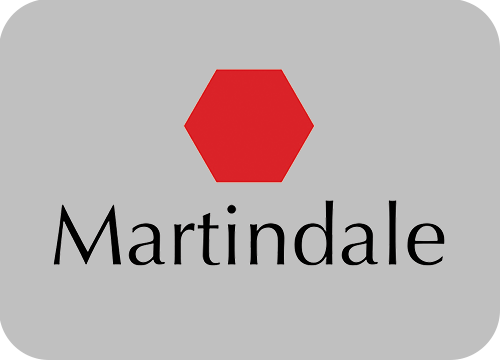H – Maryland Family Law Dictionary
HABITUAL RESIDENCE – the place where a person resides – ’as of habit ’ or permanently, for the purposes of the law.
HARDSHIP – the inability of a parent to support his or her children because of a financial strain.
HEAD OF HOUSEHOLD – an income tax filing status for people who are 1) unmarried or “considered unmarried” on the last day of the year, 2) paid more than half of the upkeep of the household during the year, 3) have a “qualifying” person, such as a student, living there, and 4) do not have a dependent parent living with them.
HEALTHCARE DIRECTIVE; HEALTHCARE PROXY – an instrument setting forth an individual’s wishes about extended medical care in the event of incapacitation.
HEALTH INSURANCE ORDER – a court order that instructs the non – custodial parent to purchase health and dental insurance for the children and to add them to the policy.
HEARING – any proceeding that takes place before a court where testimony is given and arguments are heard.
HEARSAY – something a person claims he or she was told by someone else. Often hearsay cannot be used as evidence in a trial.
HEART BALM STATUTES – laws in nine states that allow for the recovery of some or all of the following causes of action: alienation of affection, criminal conversion, break of promise to marry and seduction.
HEIR – one who inherits by legal right in the case of intestacy.
HIPAA – the Health Insurance Portability and Accountability Act of 1996.
HOLD HARMLESS – a phrase used to describe an agreement by which one person agrees to assume liability for an obligation and protect another from loss or expense from that obligation.
HOMEMAKER CONTRIBUTIONS – consideration of noneconomic contributions.
HOME STATE – the state where a child lived with a parent or a person acting as a parent for at least six months, or if the child is less than six months old, since birth.
HOSTILE WITNESS – a witness who shows prejudice during testimony that the party who called him or her will actually do a cross – examination.
HYPOTHECATE – to pledge property as collateral in security for a debt or obligation.


















